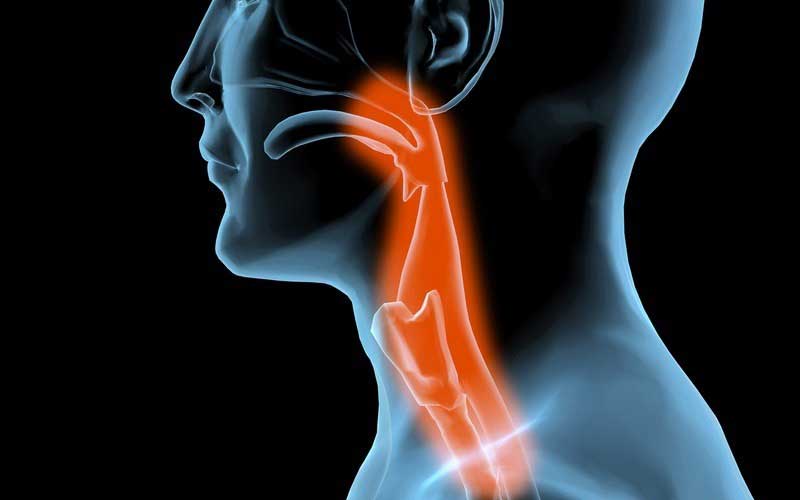Articles
Swallowing Disorders Common Complication From Stroke, Parkinson’s, and Other Medical Conditions in Adults
10 Million Americans Evaluated Each Year for Swallowing Difficulties
 With swallowing disorders affecting 300,000–600,000 people yearly in the United States, and the impact of these disorders on daily life multifaceted and potentially severe, it is critical that all Americans understand the treatment options available to them should they or a and loved one experience difficulty swallowing.
With swallowing disorders affecting 300,000–600,000 people yearly in the United States, and the impact of these disorders on daily life multifaceted and potentially severe, it is critical that all Americans understand the treatment options available to them should they or a and loved one experience difficulty swallowing.
Swallowing disorders, also called dysphagia, can affect a person’s ability to eat, drink, and take medicine. These disorders are diagnosed and treated by speech-language pathologists, making May—which is Better Hearing & Speech Month—an opportune time for Jackson-Metro residents to learn more about this common problem.
“A person’s ability to swallow seems effortless, but in reality, this is a very complex process with much room for error,” explains UMMC speech-language pathologist, Angie Brunson. “Roughly 50 pairs of muscles and many nerves work to receive food into the mouth, prepare it, and move it from the mouth to the stomach. People who experience difficulty swallowing can be at risk for serious health repercussions, reduced enjoyment of eating, and even social isolation—given that so many social interactions, celebrations, and holidays largely revolve around food. It’s important for people to know that treatment for these disorders is available and can greatly improve their quality of life.”
Swallowing disorders are often caused by stroke or brain injury, Parkinson’s disease, multiple sclerosis, Alzheimer’s disease, and amyotrophic lateral sclerosis (ALS). They can also result from problems that affect a person’s head or neck, such as cancer, injuries, or surgery. Some of the signs of a swallowing disorder include coughing during or right after eating, wet or gurgly sounding voice, feeling like food is stuck in one’s throat, and pain or discomfort during eating or drinking.
In evaluating a patient for a potential disorder, a speech-language pathologist will observe how a person’s muscles work when they swallow. They may perform special tests to see inside a patient’s throat. Treatment may include specialized exercises to improve muscle movement, positions or strategies to help the person swallow more effectively, and specific food and liquid textures that are easier and safer to swallow.
“We want people to know that in many cases, treatment can help fully restore a person’s ability to eat and drink—allowing them to enjoy food to the degree they did prior to injury or disease. This may be the case even if they begin on a modified diet of special food. The goal is for this to be a temporary situation. People who experience stroke and other conditions can go on to live many decades, making effective treatment for swallowing so important.”
If you have concern for yourself or a family member, contact the UMMC Ear, Nose and Throat Department at (601) 984-5160.


